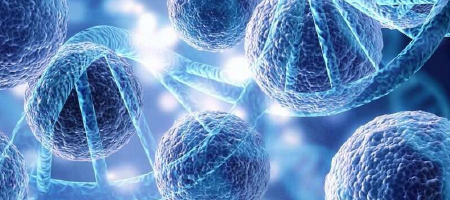Hematologic
Cancer Panel
Versatile Solution for Genomic Profiling of Hematologic Cancers
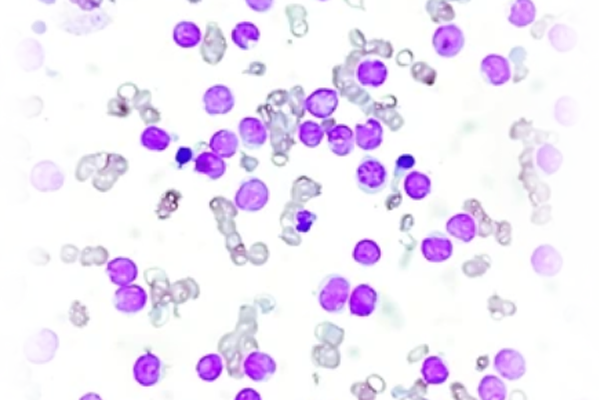
Each year, an estimated 1.28 million people are diagnosed with a hematologic cancer, accounting for roughly 6% of all new cancer cases worldwide1.
NGS allows for efficient, simultaneous assessment of multiple genetic biomarkers with a single assay.
What is Hematologic Cancer?
A hematologic cancer is a cancer involving the blood. This begins in the cells of the immune system or in blood-forming tissue, such as the bone marrow. This occurs when cells in the blood grow abnormally, interfering with the ways they are supposed to work. Common types of hematologic cancer are lymphoma, myeloma, and leukemia.
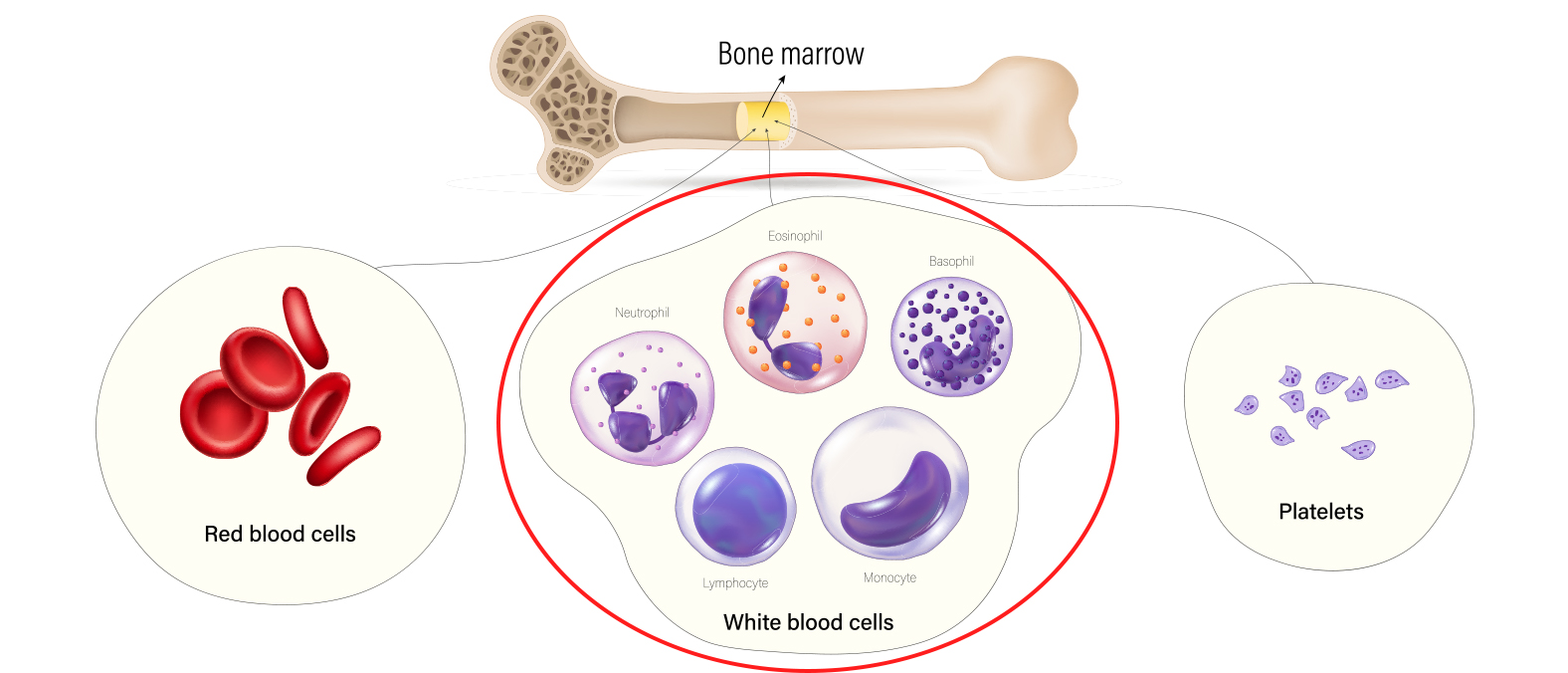
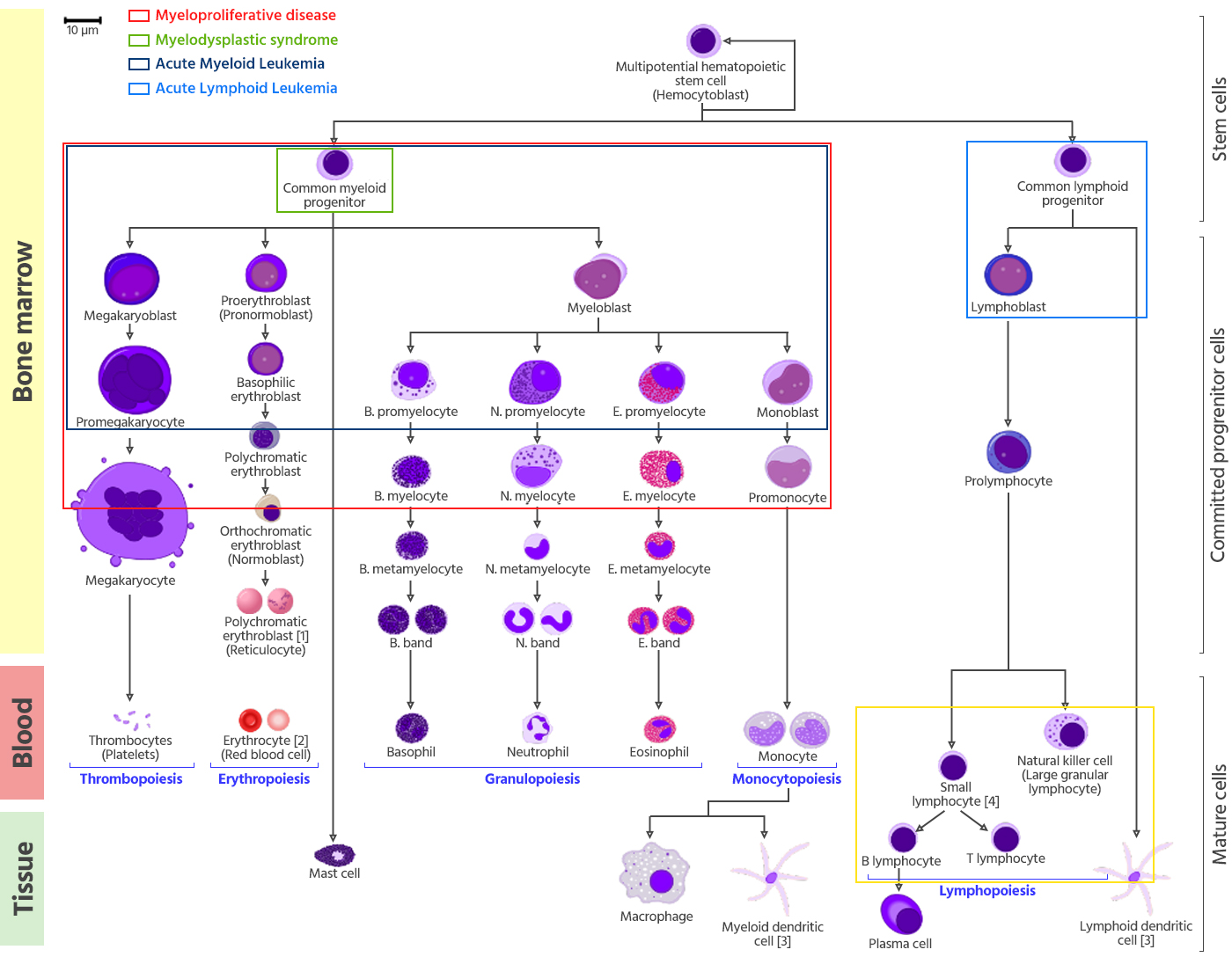
Classification of hematologic cancer
Acute Lymphoblastic Leukemia
Acute lymphocytic leukemia is the most common kind of leukemia. It usually occurs in young children but can also occur in adults. It’s sometimes called acute lymphoblastic leukemia. ALL starts in the lymphoid cells of the bone marrow. It often spreads quickly to the blood in other parts of the body, such as: Central nervous system (brain and spinal cord) Liver Lymph nodes Spleen Testicles in male patients.


Acute Myeloid Leukemia
Acute myelogenous leukemia is the most common kind of aggressive leukemia in adults. It can also affect children. This type of leukemia starts in the myeloid cells of the bone marrow and can spread quickly into the blood. From there, AML can spread to: Central nervous system (brain and spinal cord) Liver Lymph nodes Spleen Testicles in male patients AML is also sometimes called: Acute granulocytic leukemia Acute myelocytic leukemia Acute myelogenous leukemia
Myelodysplastic / Myeloproliferative neoplasm
The myelodysplastic/myeloproliferative neoplasms (MDS/MPN) are clonal myeloid disorders that possess both dysplastic and proliferative features but are not properly classified as either myelodysplastic syndromes (MDS) or chronic myeloproliferative disorders (CMPD).


Lymphoma
Lymphoma is cancer that begins in infection-fighting cells of the immune system, called lymphocytes. These cells are in the lymph nodes, spleen, thymus, bone marrow, and other parts of the body. When you have lymphoma, lymphocytes change and grow out of control. There are two main types of lymphoma: Non-Hodgkin which most people with lymphoma have and Hodgkin.
Multiple Myeloma
Multiple myeloma is a rare blood cancer that affects your plasma cells. Plasma cells are white blood cells and part of your immune system. Plasma cells (sometimes called B-cells) make antibodies. These antibodies, called immunoglobulins, help fight infection.
Multiple myeloma happens when healthy cells turn into abnormal cells that multiply and produce abnormal antibodies called M proteins. This change starts a cascade of medical issues and conditions that can affect your bones, your kidneys and your body’s ability to make healthy white and red blood cells and platelets.

Diagnosis of hematologic cancer
Tests and procedures to diagnose the hematologic cancers may include:
- Blood tests
- Bone marrow tests
- Imaging tests — CT scan, PET scan, and X-ray
- Physical exam
- Surgical lymph node removal (to use in staging)
- NGS panel (gene test)
How does GCG Hematologic Cancer Panel work?
Clear answers in just three simple steps.
Treatment of hematologic cancer
Survival rates for most hematologic cancers have improved over time, due to the introduction of new and more effective treatments such as targeted therapy for the specific gene mutation

Midostaurin is the first targeted therapy to improve overall survival (OS) in patients with acute myeloid leukemia (AML) and the FLT3 mutation.
Starr P. Midostaurin the First Targeted Therapy to Improve Survival in AML: Potentially Practice-Changing.
Am Health Drug Benefits. 2016 Feb;9(Spec Issue):1-21. PMID: 27014400; PMCID: PMC4782225.
What is hematologic cancer panel?
GC Genome provides versatile test options for hematologic cancer.
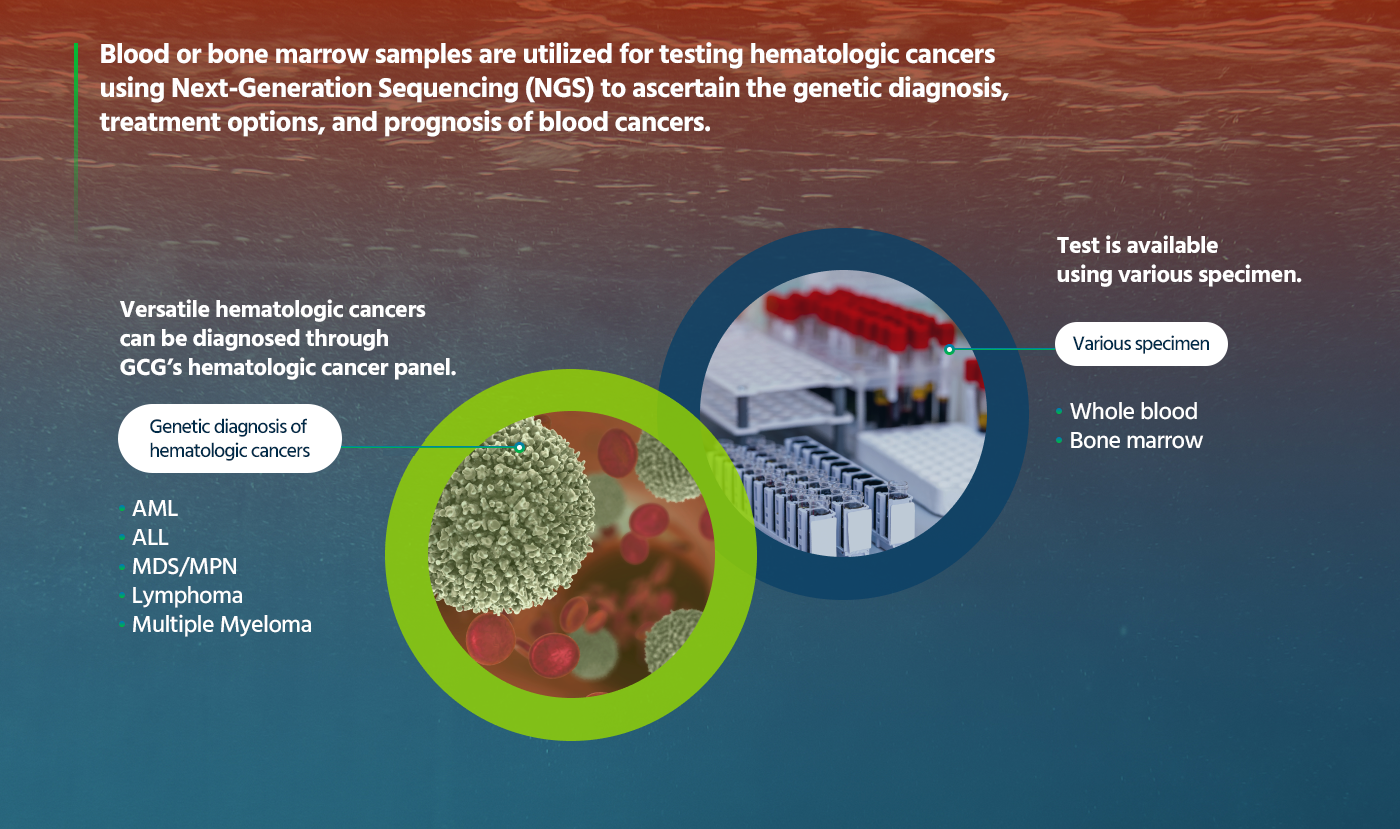
How this test help my patients?
[ Diagnosis ]
Hematologic cancer is a heterogeneous group of disorders characterized by various genetic variants. The detection of genetic variants is essential for diagnosis, detailed classification, prognostic evaluation, treatment decisions, and assessment of treatment response. In recent years, through numerous research findings, Next-Generation Sequencing (NGS) techniques have been validated for sensitivity, reproducibility, and comparative testing, establishing their utility as a molecular diagnostic tool for hematological diseases.
The results may provide insight into the pathobiology of the malignancy, aid in risk assessment, and identify potential therapeutic options and clinical trials based on molecular drivers.
[ Clinical implication of NGS panel in hematologic cancer]
> e.g. 2022 ICC and WHO classification of AML based on the genetic variant

Classifications of the variants
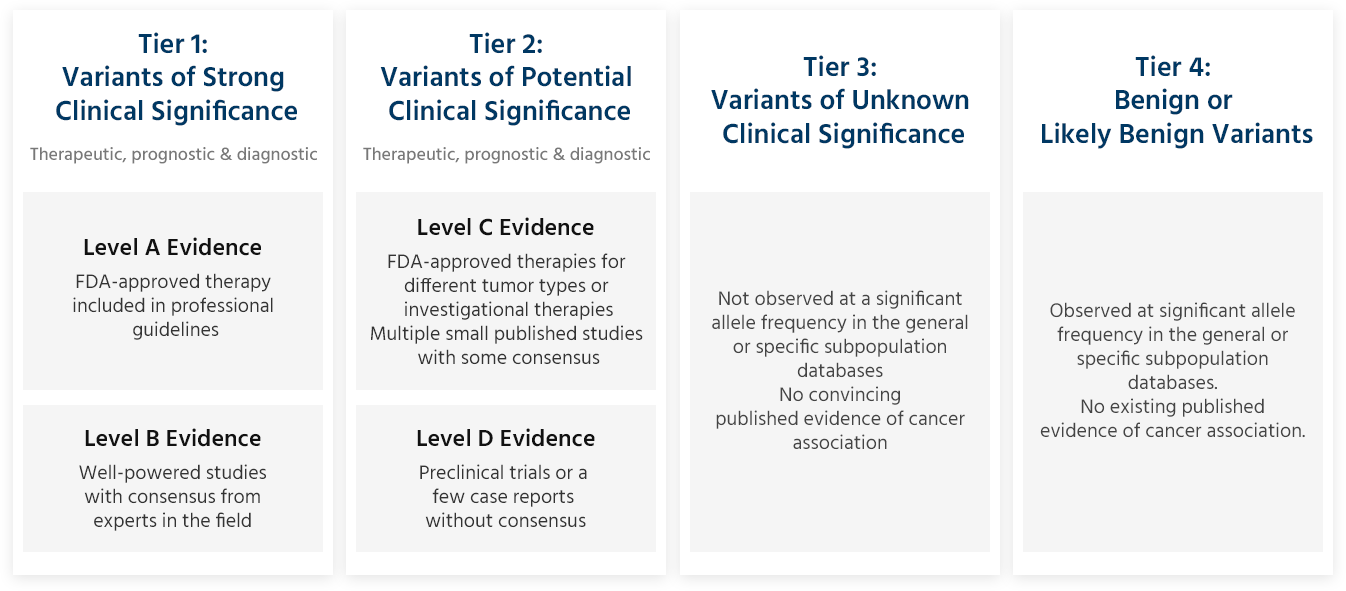
Advantage of GC Genome’s hematologic cancer panel

